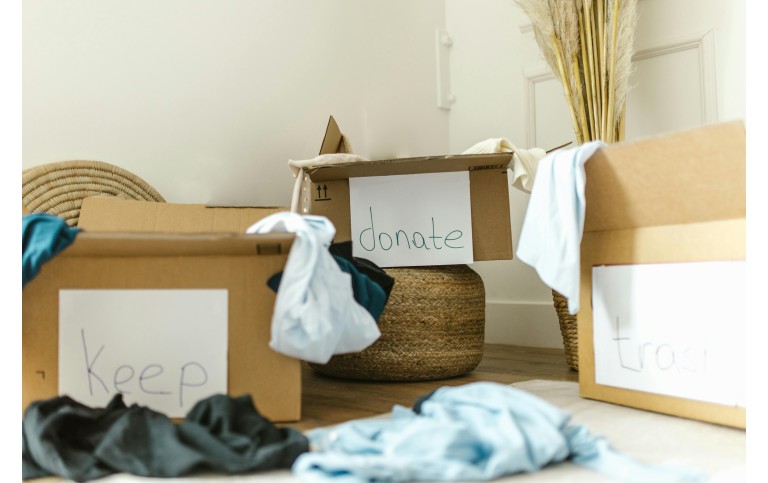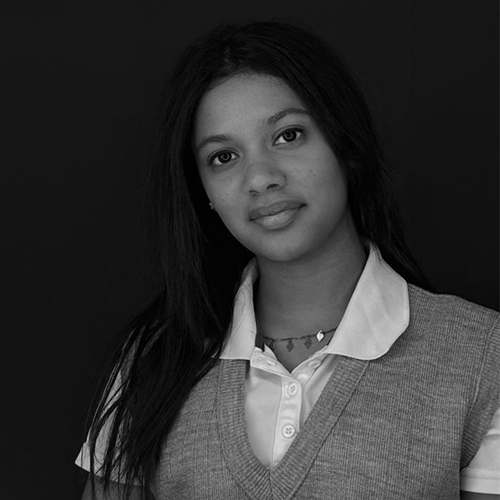Being a minimalist means simplifying both your physical and mental clutter. It’s about owning fewer possessions, letting go of excess belongings, and clearing negative thoughts. This lifestyle not only keeps your mind at peace but also helps you develop strong organisational skills.
Becoming a minimalist is not an overnight change it takes hundreds of small steps.
Take, for example, a successful person, who may appear content on the outside – but having everything doesn’t always bring true satisfaction. While letting go can feel difficult at first, soon you will realise that you don’t actually miss what is gone. Start by decluttering your space and focusing on what truly matters.
Read More
- Pinarayi Vijayan: The Quiet Revolutionary Who Redefined Power in Kerala
- Japan’s First Woman Prime Minister: Breaking a Ceiling or Reinforcing the Walls?
- Empowered, inspired, unstoppable: The women shaping talabat’s success story in Oman
- Leading the Charge: TAS celebrates strength and impact of Women at HerStory Oman Summit & Awards 2025
- Nobel Peace Prize winner Maria Corina Machado: A symbol of defiance in a silenced nation
Tiny Steps Towards being a Minimalist
Throw out the duplicates: Open your kitchen drawer and, many times, you will find dozens of bottles of spices, powders, and seasonings, some of which you may have even forgotten about. This clutter often leads to buying items you already own simply because they are hard to find. The same thing happens in other areas of your home. To declutter, take a box and gather all the duplicate items. Keep the box aside for a few days, and if you don’t end up using those items, donate them.
Stop buying unnecessary things: Social media may have become an essential part of our lives, but it often influences us to buy things just because we see others owning them – even when we don’t really need. Before making a purchase, always ask yourself if you truly need it. By doing this, you can save money for the things that really matter and save for your future.
Getting rid of unwanted things: We need so much less than we think. Consider the stuff that’s getting in your way; that you rarely ever use. You can often fill up a few boxes immediately, put them in your car, and donate them to a thrift shop or to friends and family.
Schedule your activities: Schedule a time in your calendar or fix a day in a week to completely reset your spaces. For example, every weekend you could choose one area to organise and recycle or donate things that are not wanted. You could also divide these duties with your family members or roommate if you’re living with them. Simplify this task; make sure you don’t overwhelm yourself by doing it all in one day. Take it slowly.
Declutter your email and social media accounts: Aim for inbox ‘zero’ and get rid of all the clutter floating around in your emails; unfollow forgotten friends on Facebook and boring accounts on Instagram or Twitter; unsubscribe from YouTube channels. Follow less podcast shows in your podcast app and delete all those old files from your laptop.
Anyone can become a minimalist if they try.
Consume less and live more. By adapting to this lifestyle, you will begin to see life from a different perspective – one where experiences and relationships hold far more value than material possessions.







